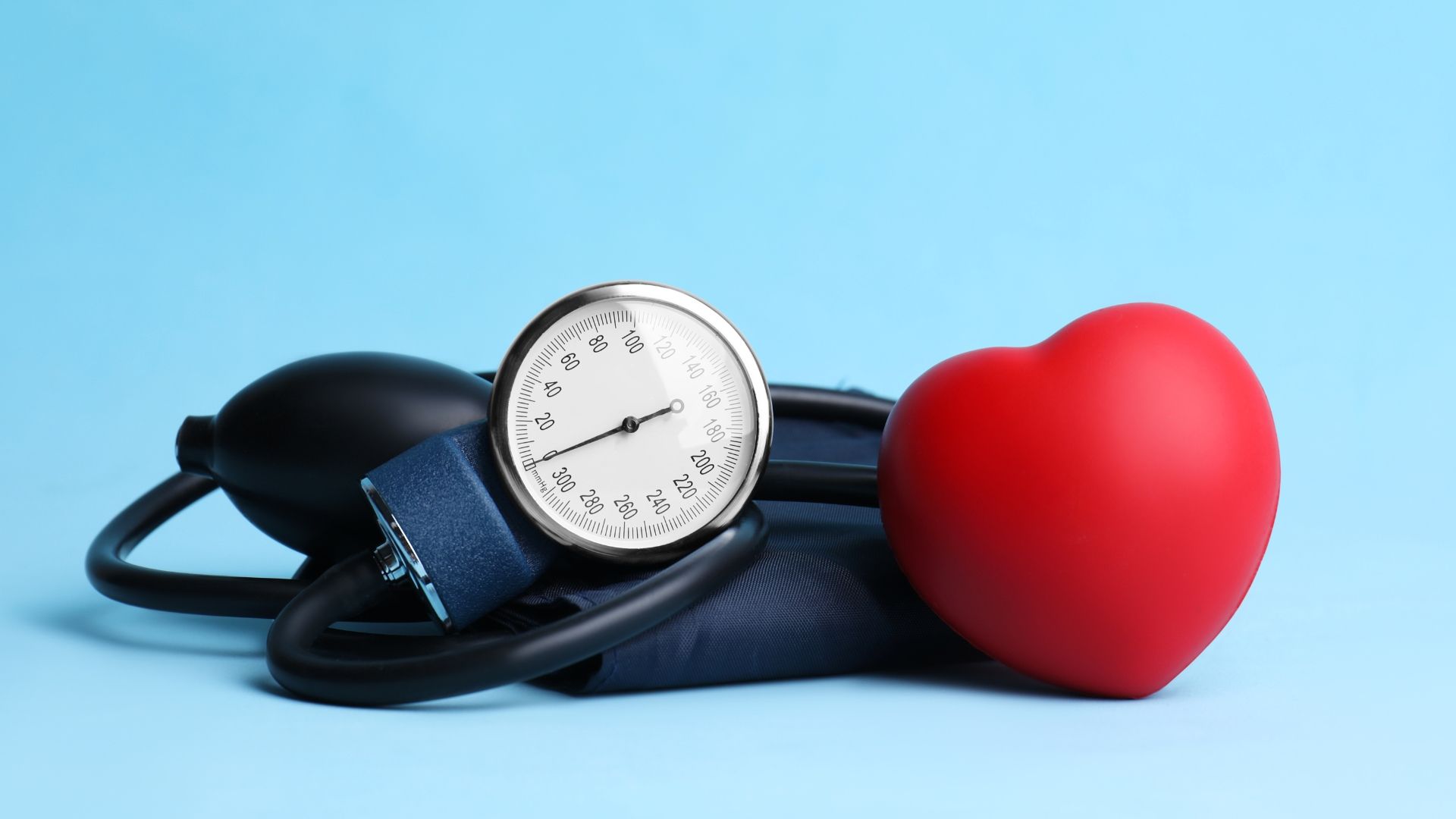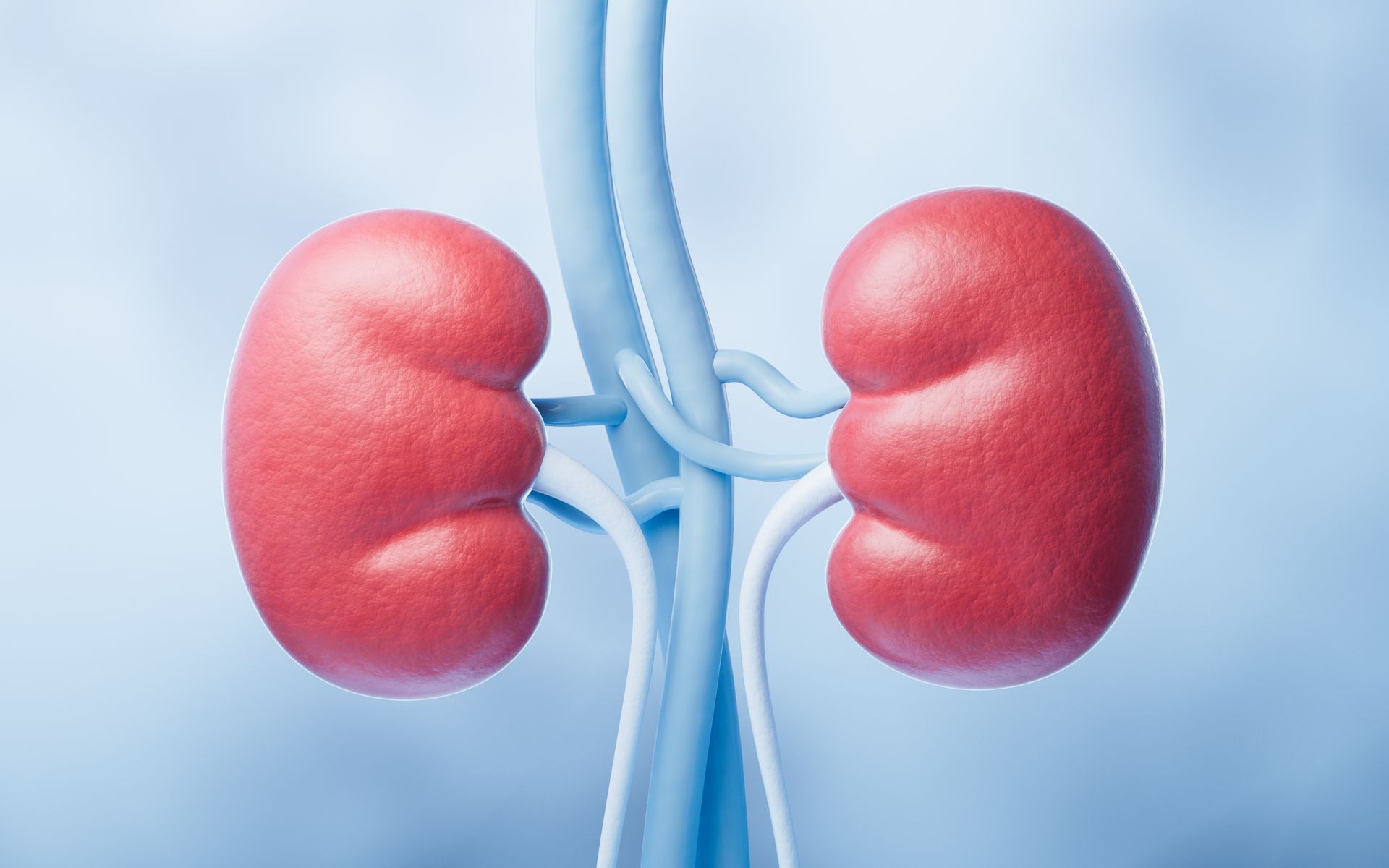6 common weight loss myths debunked
Wondering which weight loss tips are myths? Learn the truth behind common misconceptions and what really works.

If you search 'how to lose weight' online, you'd better be ready for lots of conflicting – and confusing – advice. Fad diets promise rapid results, obscure workout programmes guarantee fat burning and supplements claim to be the next big thing.
Let's make sense of it all together. In this article, we look at six common weight loss myths that too many people still believe – and explain why they're not to be trusted.
Weight loss myth 1: 'You have to follow a restrictive diet to lose weight'
It's common to think that losing weight requires cutting out entire food groups or drastically slashing calories.
But the truth is, extreme restrictions rarely lead to weight loss that stays off. Sustainable weight loss tends to come from eating a variety of nourishing foods you enjoy, in manageable portions.
You don't need to go zero-carb or live on shakes. Instead, focus on balanced meals that include protein, healthy fats, whole grains and plenty of vegetables. Even a bit of sensible portion control combined with lifestyle tweaks and regular movement can help you lose weight safely.
This is one of the most enduring myths about weight loss. But learning to eat well without punishment is a key part of building a sustainable weight loss approach.
Weight loss myth 2: 'Exercise doesn't matter for weight loss'
Some say that exercise doesn't really help you lose weight and that diet matters much more.
While it's true that switching to a healthier diet usually helps you drop the first few pounds, exercise is also important for weight loss. In fact, exercise can do more for your long-term health and body composition.
Regular movement helps preserve lean muscle, boost metabolism, improve mood and lower inflammation. Wellness benefits like better sleep and reduced stress also support healthier food choices over time.
Even if it doesn't make the number on the scale plunge overnight, exercise makes every other part of your health routine easier and more sustainable.

So, while it's true that 'you can't out-exercise a bad diet', the idea that exercise doesn't matter is false. This is definitely one of the more damaging common weight loss myths.
Weight loss myth 3: 'If I don't lose weight fast, I'm failing'
It can be frustrating when the scale doesn't budge as quickly as you'd like. However, slow progress doesn't mean failure. On the contrary, it often paves the way for more sustainable weight loss and long-term health.
Crash diets or extreme workouts may deliver fast results, but they can also lead to muscle loss, nutritional deficits and burnout. Meanwhile, steady weight loss of 0.5kg to 1kg (1lb to 2lb) each week is often safer and easier to maintain.
One of the most important weight loss myths to unlearn is that 'faster equals better'. Real change happens over months, not days – and habit changes are what create long-lasting results.
Weight loss myth 4: 'Supplements are safe because they're natural'
Many assume that if something is sold as a supplement, it must be safe. But there's no guarantee that over-the-counter pills or powders contain what they claim or won't harm you.
Unregulated supplements may include undisclosed ingredients, cause serious side effects or simply do nothing at all. Unlike prescription medications, most supplements are not tested or approved by medical authorities.
This is one of the more dangerous weight loss myths because it can put your health at risk. When it comes to your body, reputable, regulated medical treatments backed by clinical trials are the safer choice.
Weight loss myth 5: 'GLP-1 medications do the hard work for you'
With the rise of medications like semaglutide and tirzepatide (Wegovy and
Mounjaro), some believe they can skip diet and exercise altogether. But GLP-1 medications are tools, not instant solutions.
These medications mimic gut hormones to suppress appetite and help you feel full sooner. They can help you reduce your calorie intake, especially if you struggle with hunger or food fixation.

However, they work best when paired with supportive habits. You still need to eat healthily and get moving to see the results you want.
Weight loss myth 6: 'Only people with type 2 diabetes benefit from GLP-1s'
Because GLP-1 medicines were first created to treat type 2 diabetes, some people think they only work for people with high blood sugar. But that's not true.
These medications help regulate appetite and digestion regardless of whether you have diabetes. They reduce hunger, slow gastric emptying and promote fullness, making them an effective solution for some people struggling with obesity.
What really works
If you want to lose weight safely and sustainably, these changes are a good place to start:
- Moderate dietary changes: focus on nutrient-rich foods and realistic portions.
- Regular movement: it doesn't matter what you do – walk, run, swim or dance – it just matters that you get your body moving.
- Medical support when needed: for some people, GLP-1 medications like Wegovy or Mounjaro can offer vital help in tipping the balance.
How SemaPen helps
At SemaPen, we believe weight loss is a shared journey, not a solo one. We provide private access to GLP-1 medications like
Mounjaro and
Wegovy when appropriate. However, our
weight loss programmes go beyond prescriptions.
Join the SemaPen programme and you'll get:
- Access to industry-leading weight loss medications (like Mounjaro and Wegovy) when eligible
- Ongoing medical supervision and dosage adjustment
- Lifestyle coaching to support realistic diet and activity routines
- A smart scale, progress tracking and expert guidance at every step
In clinical trials, people taking tirzepatide (Mounjaro) lost an average of 21% of their body weight on higher doses. Those using semaglutide (Wegovy) lost 15% on average. With the right tools and guidance, meaningful change is possible.
Have you been held back by myths or past setbacks? We're here to help you move forward with professional, judgment-free support.
Want to know more? Learn more about our
injectable weight loss medication programmes – or get started today with our simple
online consultation.
Sources
1. Contreras, F. et al. (2024) "Health Benefits Beyond the Scale: The Role of Diet and Nutrition During Weight Loss Programmes" Nutrients, 16(21) https://doi.org/10.3390/nu16213585
2. NHS (2023) Tips to help you lose weight. Retrieved from https://www.nhs.uk/live-well/healthy-weight/managing-your-weight/tips-to-help-you-lose-weight/
3. NHS (2022) Herbal medicines. Retrieved from https://www.nhs.uk/tests-and-treatments/herbal-medicines/
4. Jastreboff, A.M. et al. (2022) "Tirzepatide Once Weekly for the Treatment of Obesity" The New England Journal of Medicine, 387(3) https://doi.org/10.1056/NEJMoa2206038
5. 1. Wilding, J.P.H. et al. (2021) "Once-weekly semaglutide in adults with overweight or obesity" The New England Journal of Medicine, 384(11) https://doi.org/10.1056/NEJMoa2032183
This article was reviewed and approved by Alice Fletcher, Lead Bariatric Dietitian, on 1 August 2025.
- Average 15–21% weight loss
- Trusted programmes built by UK experts
- Personalised advice and support
- Smart weight loss app to track progress and learn positive habits
Your journey starts in the app
Unlock tailored support, weight tracking and more.
1
Download the free app
2
Take your digital consultation
3
Start your programme












